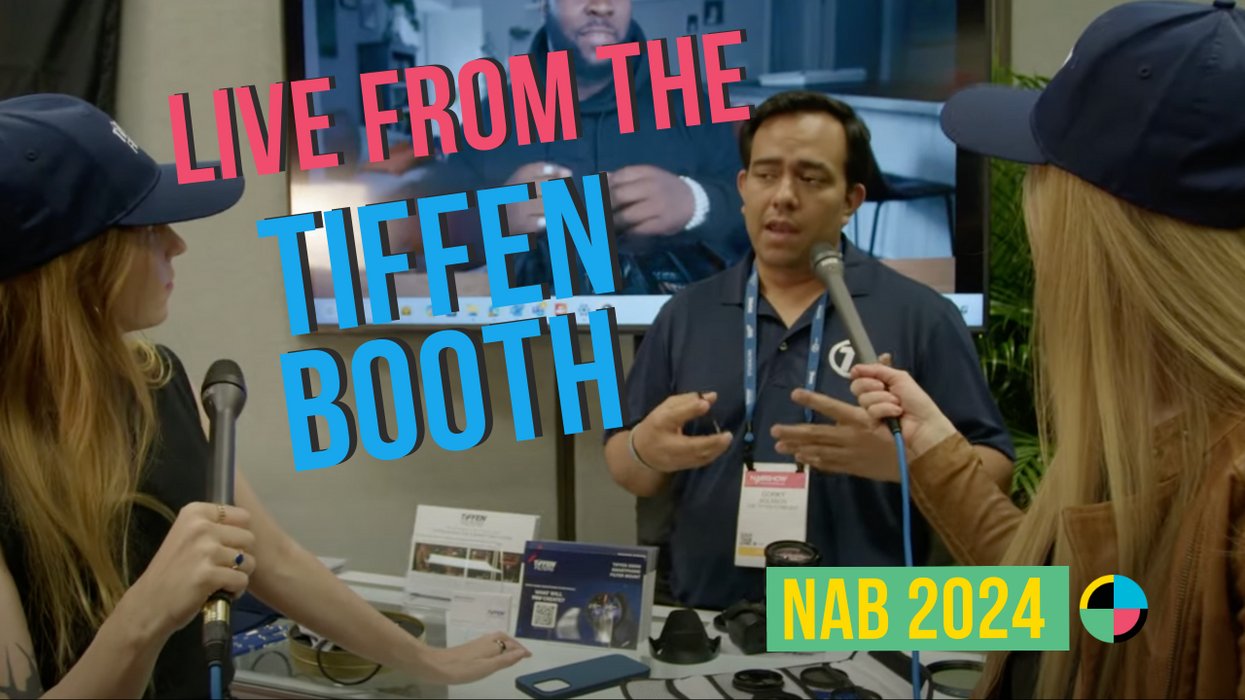Don’t Write For Free -- And If You Do, Remember These Rules
Useful screenwriter tips to make sure nobody tries to take advantage of you.

Heads up: this article is aimed at screenwriters who might be a little further along in their careers, but everyone in a creative industry should take note.
Free work. The bane of every screenwriter’s existence. Hollywood has had a problem with free work for a while, and it’s easy to get sucked into the pattern of doing free work for producers and production companies.
The Writers Guild of America (WGA) has been campaigning against free work for a while. They recently started a campaign called No Writing Left Behind that seeks to stop producers from requesting written material from a writer’s pitch. And they’ve become more aggressive about being the “bad guy” in telling producers or studios not to request free work from their writers. Even with all that, free work still happens.
How do you know when you should write for free? The short answer is “never.”
John August gives us a longer answer to that question: “Most of what you write should be for yourself or people who can pay you in money, not experience.”
Today we’re going to look at a video by Scriptfella (real name Dominic Morgan) that highlights many of the pitfalls writers face when trying to find work in Hollywood.
Scriptfella highlights five key rules to live by when you’re trying to avoid doing free work. These tips are great, so we’re going to explore them a bit more.
1. Don’t Pitch the Whole Movie
Give the producers just enough of a good idea and an outline -- maybe the first act hook, the midpoint where the stakes are raised, and the ending -- so they can get excited about the project and they know you’re the guy or girl to write it. Don’t give them every single story beat and character moment. That’s the good stuff. They gotta pay for that.
2. Don’t Leave Pages on Their Ideas
The key phrase here is “their ideas,” aka “stuff you don’t own.” If you don’t own the underlying project or property, then any creative work you generate can only ever be used for this one project. It’s like buying a car that can only fill up on gas at a single gas station.
3. Only Spec What You Own
Sticking with the theme above, if you don’t own something, don’t write about it for free. Any producer can say “please write this script for free,” but if you write it and nothing happens with the project, you can’t take it anywhere else. It’s locked in development limbo, and your months/years of work are down the drain.
Let’s use a screenwriting example similar to the car from above: if you love Star Wars and you desperately want to write a buddy comedy about Jabba the Hutt and the Sarlacc joining a fraternity, guess what? You can only ever sell that script to Disney. Nobody else would be allowed to make it, because nobody else owns Star Wars.
4. Make Sure the Words Come Back To You
An option agreement is when a producer doesn’t buy your script, but they buy the exclusive right to buy your script later. Essentially, they are paying to take the script off the market for a certain period of time, so they can decide whether or not they want to buy it later.
If you’re going to write something for free, or for a $1 option, make sure the legalese in the contract indicates that you are in fact the owner of the work and/or property. This way, if nobody decides to buy the project and the option expires, you can take it wherever you want and the producer has no claim to it. This protects you creatively and commercially because you know that you are the true owner of your work.
5. $1 Dollar Options Are Not An Option
A $1 option is basically a free option. What Scriptfella is advocating here is to make sure you don’t sell yourself short with the PURCHASE price, which is how much the producer can actually buy the script for later. $100,000 might seem like a lot when you’re writing the script with nobody attached, but if Tom Cruise suddenly gets involved, your script could have been worth millions! Make sure you protect yourself and keep your upside intact if you’re going to do free work.
Just Say No
As a screenwriter, your two most valuable commodities are your pages and your time. Don’t give them away for free to a company that should be paying you for them. If you’re going to write for free, it should be for yourself.
If you liked this article on screenwriting, you should check out Craig Mazin’s tips on writing Chernobyl!
Source: Scriptfella












